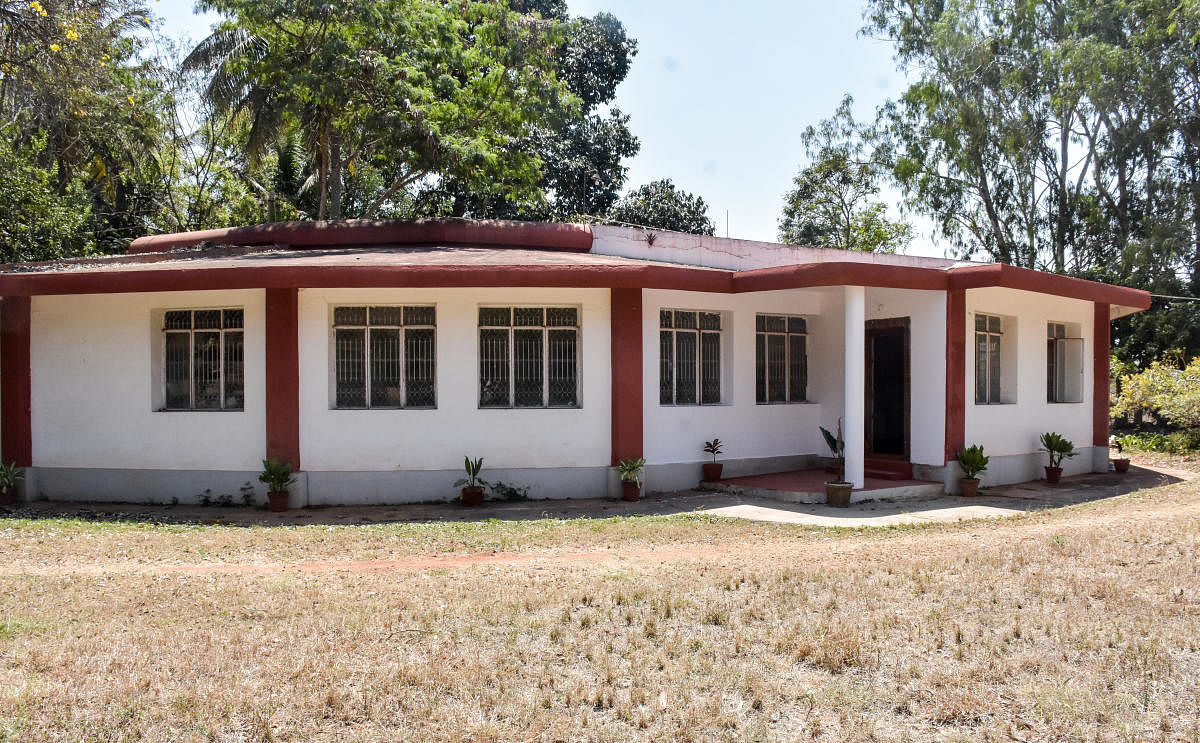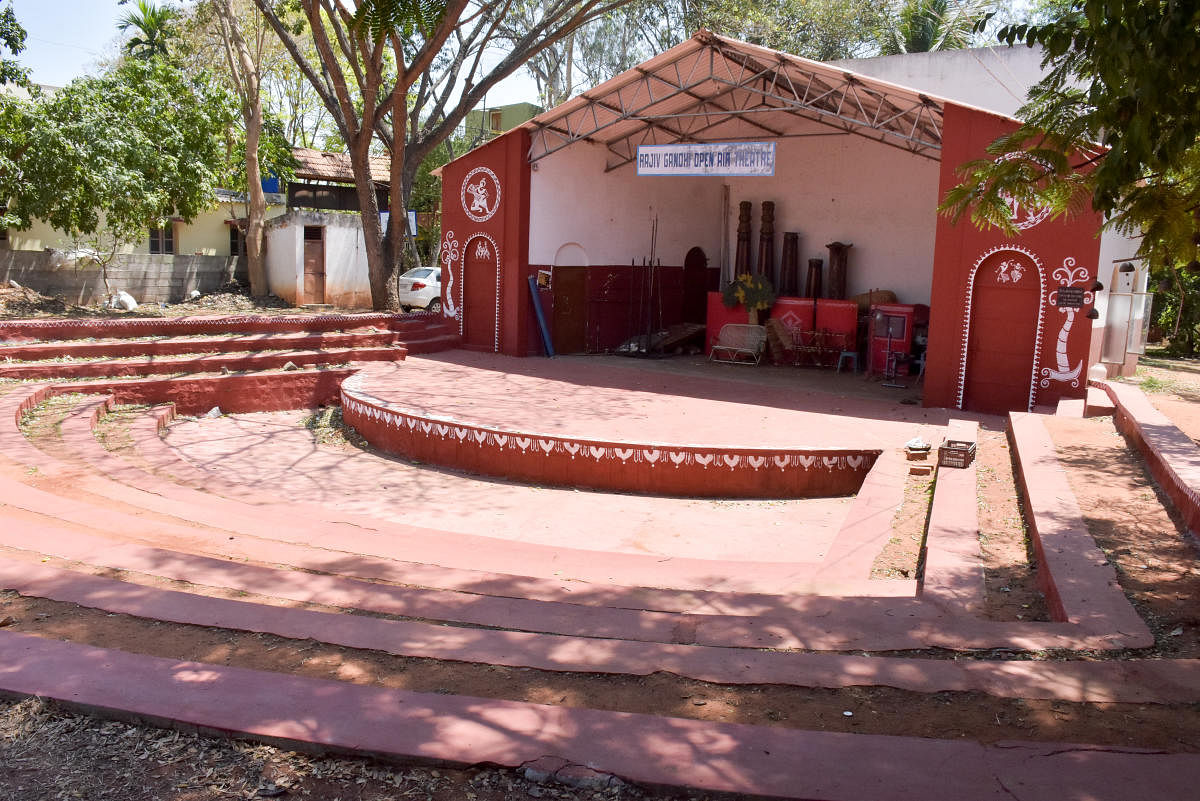

Just a little away from Manasagangotri on Bogadi Road in Mysuru, stands Dhvanyaloka. A centre for English Studies and Indigenous Arts, it was founded by Professor C D Narasimhaiah in 1979.
Dhvanyaloka was the brainchild of Professor Narasimhaiah, affectionately called ‘CDN’, who retired from the University of Mysore after an illustrious career spanning nearly four decades.
Named after the work of the 9th century poet Anandavardhana, the centre itself is located adjacent to the Regional College of Education, in a sprawling garden with some 700 trees, and boasts of a Seminar hall cum Library, an open-air theatre, an auditorium and some rooms for scholars to stay.
The youth outside universities, who have an inclination towards literature, are provided suitable guidance and library facilities for their studies and research work.
In his own time, CDN was influenced by the critical theories of his teacher, the famous literary critic F R Leavis, under whom he studied at Cambridge.
During the course of his career, CDN was instrumental in introducing the study of Indian English and American Literature in Indian universities.
Till date, 125 seminars and workshops have been conducted at the centre. The open-air theatre provides a platform for the traditional arts, including classical dance, music and drama and is named after Rajiv Gandhi, who visited the place in 1989, when he was the Prime Minister.
The centre’s Sanjay Vichara Mantapa is modelled after social reformer Basaveshvara’s Anubhava Mantapa, to offer a platform to hold meaningful discussions.
The pond present here was built in memory of the American writer Henry David Thoreau’s Walden Pond.
Over the years, several scholars from different countries have visited the place for studies and research, including Nobel Laureate William Golding, Nigerian writer Chinua Achebe, Australian writers Les Murray, and Rodney Hall. Indian writers like R K Narayan, Jayanta Mahapatra, Shivarama Karanth, A K Ramanujan, Ayyappa Paniker, Kamala Das, Karan Singh and others have also visited the centre.
Today, the legacy of Dhvanyaloka is being continued by his children Dr Srinath and Dr Ragini Ramachandra.
On the occasion of Dhvanyaloka completing 40 years of existence, the present director Dr C N Srinath, himself a writer and critic, made an appeal to beneficiaries and admirers to “To shed their modesty and actively participate in its activities and make use of the rich library and several periodicals, and whisper to the outsiders about its significance in building a future generation of scholars and critics of literature.”
As CDN used to say, “Responsibilities begin in dreams. We have to return to our roots. We have to look at the literature of the world from the Indian perspective. In all our seminars, we have made an attempt to find new insights from this angle. Through Dhvanyaloka, I have tried to connect my past with the present and lightened my mood with the turbulence of the present.”